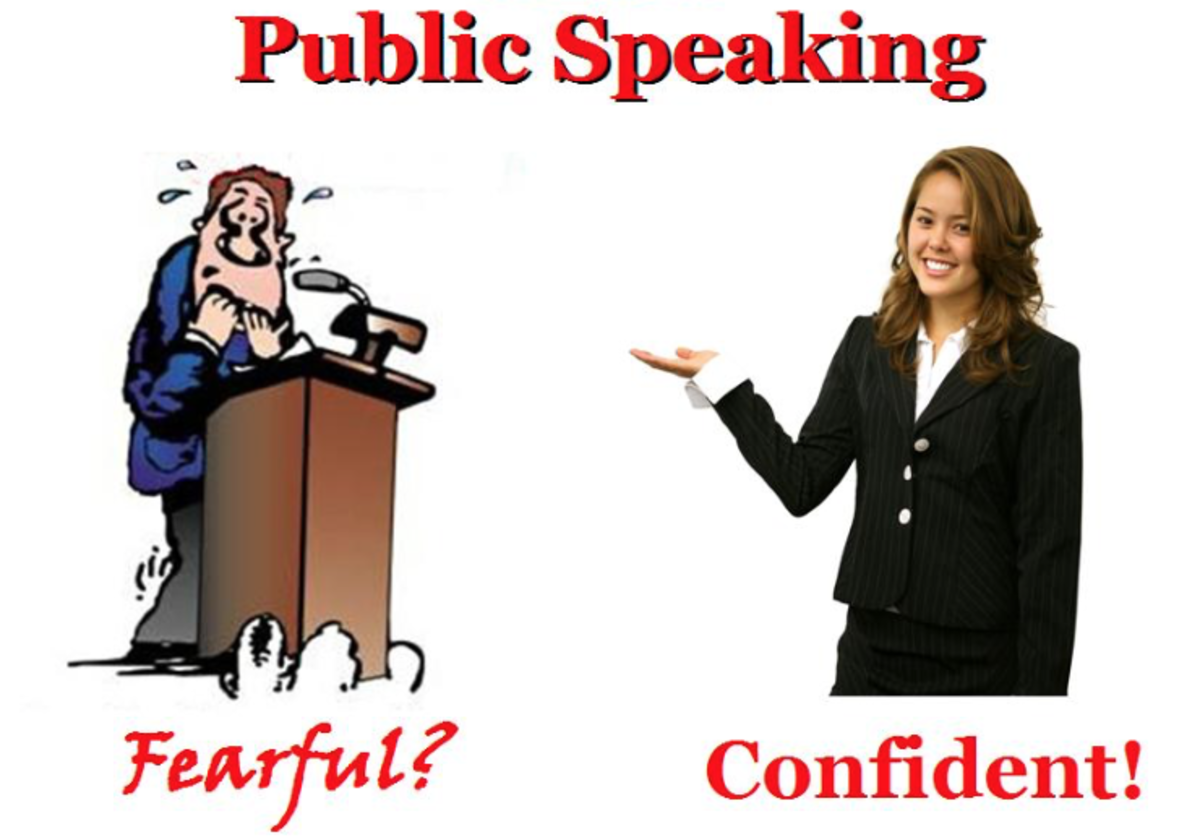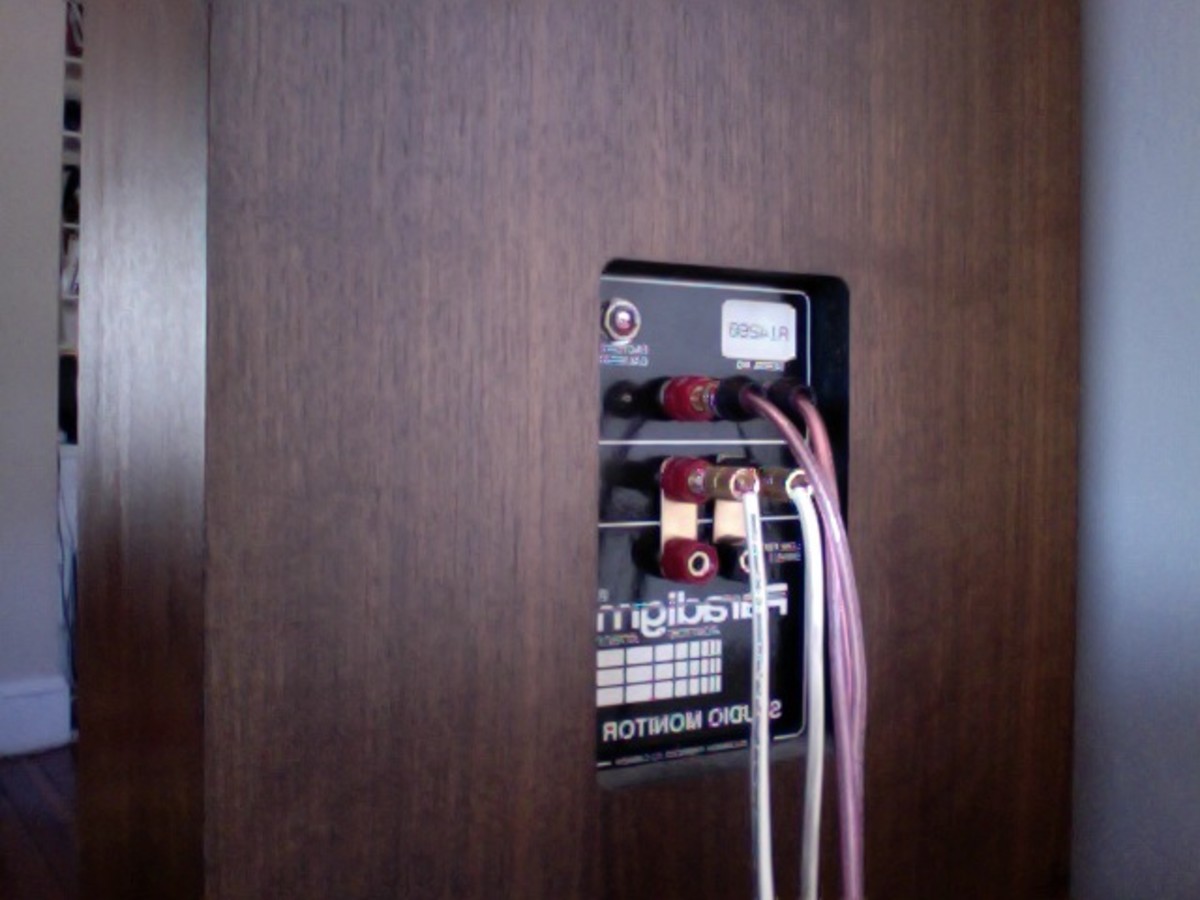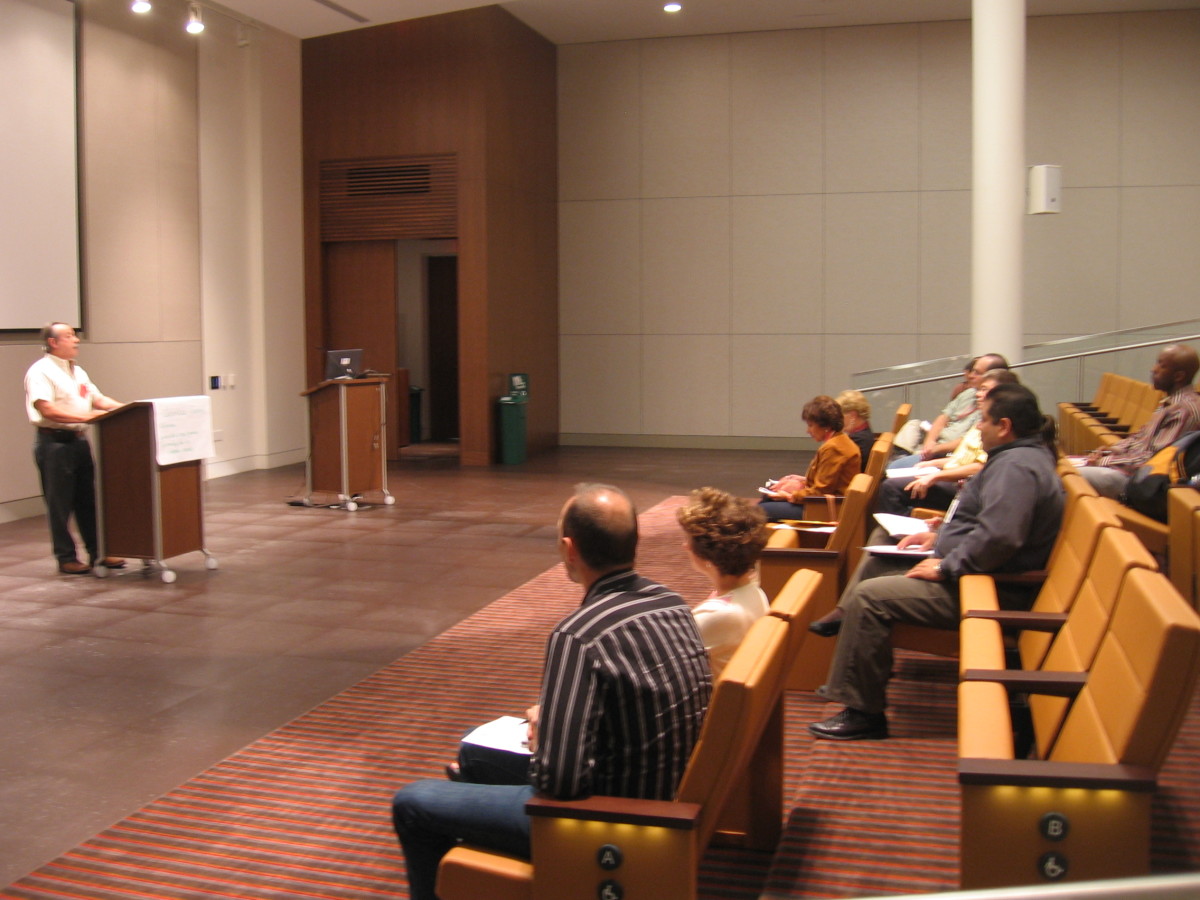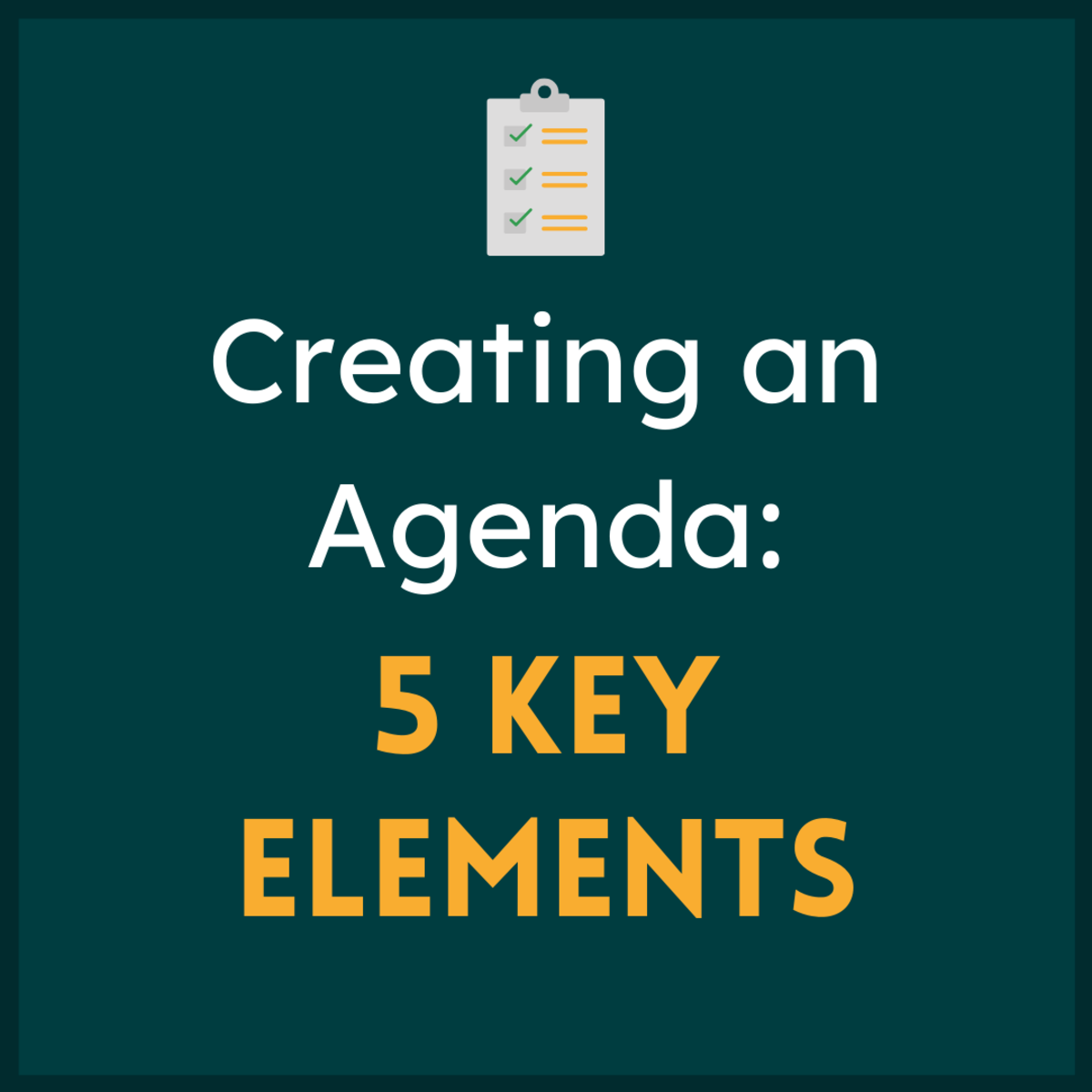Speaking Tips: Dealing with Unwanted Post-Speech Consultation Requests

Public speakers spend days, weeks or even months preparing for a presentation. In fact, the speaker can prepare such a good presentation that attendees hang on every word. Some attendees are so impressed, they hang around after the speech to have a meet and greet with the speaker. That's a gratifying moment for speakers!
But here's where it gets to be a tricky, sticky situation...
Some attendees are seriously looking for solutions to their problems. By attending good seminars and education sessions, these people can identify excellent potential consultants and suppliers to help them solve what ails them or their businesses. For consultants, public speaking can be a low cost (or even money making!) marketing strategy to gain new clients.
But some of the potential clients at events attempt to get answers to their problems from the speaker during either the Q&A (question and answer) or the meet and greet. The conversation usually starts out something like this:
Loved your presentation! In my business I'm having a problem with _______. What do you think I should do?
Loaded question! Usually the speaker can only offer the most limited of responses due to time constraints, limited information about the scenario and obligations to meet other attendees. Sometimes, the response the speaker gives just isn't what the inquirer wanted. So then the conversation ramps up to:
We tried that and it doesn't work. What if we did ___________.
What's happening here is that the attendee, desperate for answers and hoping that the speaker has them, wanted to walk away from the session with more than just suggestions and ideas. They wanted full-blown solutions! Maybe they watched too much television where drama comes to a satisfying conclusion within 30 to 60 minutes. Maybe they're very small business owners and don't know how to get the professional help needed for their businesses. But whatever the cause of this behavior, the speaker needs to get this situation under control in a way that preserves the potential for paid business.
Speaking versus Consulting
Unless the speaking being done is a custom session, and discussion of specific problems and solutions with attendees is part of the contracted service, public speaking is not typically considered "consulting." Entertainment or education would better describe what a speaker offers.
As well, when a client engages a consultant, diagnosis and analysis of the client's problem is often a significant part of the entire project. Proper diagnosis and analysis can take a long time, sometimes even weeks or months, and may also incur costs for testing, surveys, etc. that are needed. These tasks cannot be properly done in the span of a few moments... or for free.
Listen for some cues like these that can mean a conversation is headed in consulting zone:
- What's the best way to _____?
- We're having a problem with ____. Any thoughts?
- What do you think we should we do about _____?
All of these are ploys to get a bit of free advice from an expert. So speakers should be ready to respond with an invitation to discuss a paid consulting solution after the event.
Post-Presentation Speaking Tips
Speakers sometimes prepare so intently for their presentations that they completely ignore what they will do afterwards because they're so relieved to have survived! But the presentation doesn't end with the last PowerPoint slide. Here are some tips for speakers to help stay in control and not give away the consulting store:
- Beef Up the Bio. Usually, event managers will introduce the speaker with a biography that the speaker provides. In addition to the usual background information, speakers need to be extremely clear and specific about what products and services they offer. A non-specific bio can invite sales inquiries of all sorts from attendees. Being clear can help filter out those inquiries that aren't a good fit.
- Prepare for the Q&A. The Q&A segment can be a slippery slope for speakers. They want to demonstrate their expertise, but can easily get trapped with questions that are specific and relevant only to those asking... and not the audience at large. Prepare and memorize a Q&A script for these scenarios that invites those asking to connect individually at the meet and greet or after the event.
- Prepare for the Meet and Greet. For consultants who use public speaking to sell their services, this is peak selling time! Usually those most interested will hang around to connect with the speaker. By sticking around, these people have already demonstrated their interest in doing business. However, this is also the peak time when speakers can get suckered into giving consulting freebies. Stay firm and listen for the cues! As with the Q&A, prepare and memorize a script to enlist when the conversation slips into consulting questions. Have business cards and any printed brochures readily available to give to prospects for connecting after the event. And don't forget to ask for their cards, too!
- Develop a Rock Star Exit Strategy. Do rock stars and other entertainers hang around for meet and greet sessions with any of their thousands of fans in the audience? No! They have their limos waiting to help them escape. Come up with an appointment or travel plan that only allows a limited time after the presentation for a meet and greet session. Have the event manager announce the time available for the meet and greet. This helps attendees, whose minds are ramped up with ideas and questions, to focus on a quick hello. Then stick to the plan and leave!
This article is accurate and true to the best of the author’s knowledge. Content is for informational or entertainment purposes only and does not substitute for personal counsel or professional advice in business, financial, legal, or technical matters.
© 2014 Heidi Thorne








